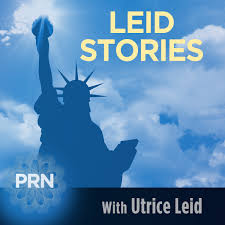The death Nov. 25 of Fidel Castro, the revolutionary former president of Cuba, has further winnowed the already sparse ranks of leaders who were the vanguard of resistance to global imperialism and colonialism. Many of the “new” generation of leaders thought it futile to stand up to world powers or eagerly traded wholesale pillaging of their people and their nations’ resources for private, personal gain.
Castro, in for the long haul, was both inspiration and help to other struggling nations trying to throw off the yoke of foreign domination and oppression, and a reviled thorn in the side of countries (particularly the United States) that were determined to bring Cuba to heel through blockades, sanctions, military threats (including of nuclear war), and attempted invasions and assassinations. Castro and Cuba survived. President Obama’s announcement in 2014 that the U.S. will seek normalization of relations with Cuba after 50 years was a sign that the superpower was no match for Cuba’s determination about its sovereignty.
Castro’s death, therefore, marks a milestone—not only in Cuba’s evolution as a nation. But also in global movements against hegemony.
Historian and political scientist Dr. Gerald Horne discusses the vital role that Castro, Cuba and the revolution have played and might continue to play in global struggles against colonialism/imperialism.
Horne, the John J. and Rebecca Moores Chair of History and African American Studies at the University of Houston and prolific author of more than 30 books and 100 scholarly papers on struggles against imperialism, colonialism, fascism and racism, regularly decodes complex social, political and economic issues on Leid Stories.

